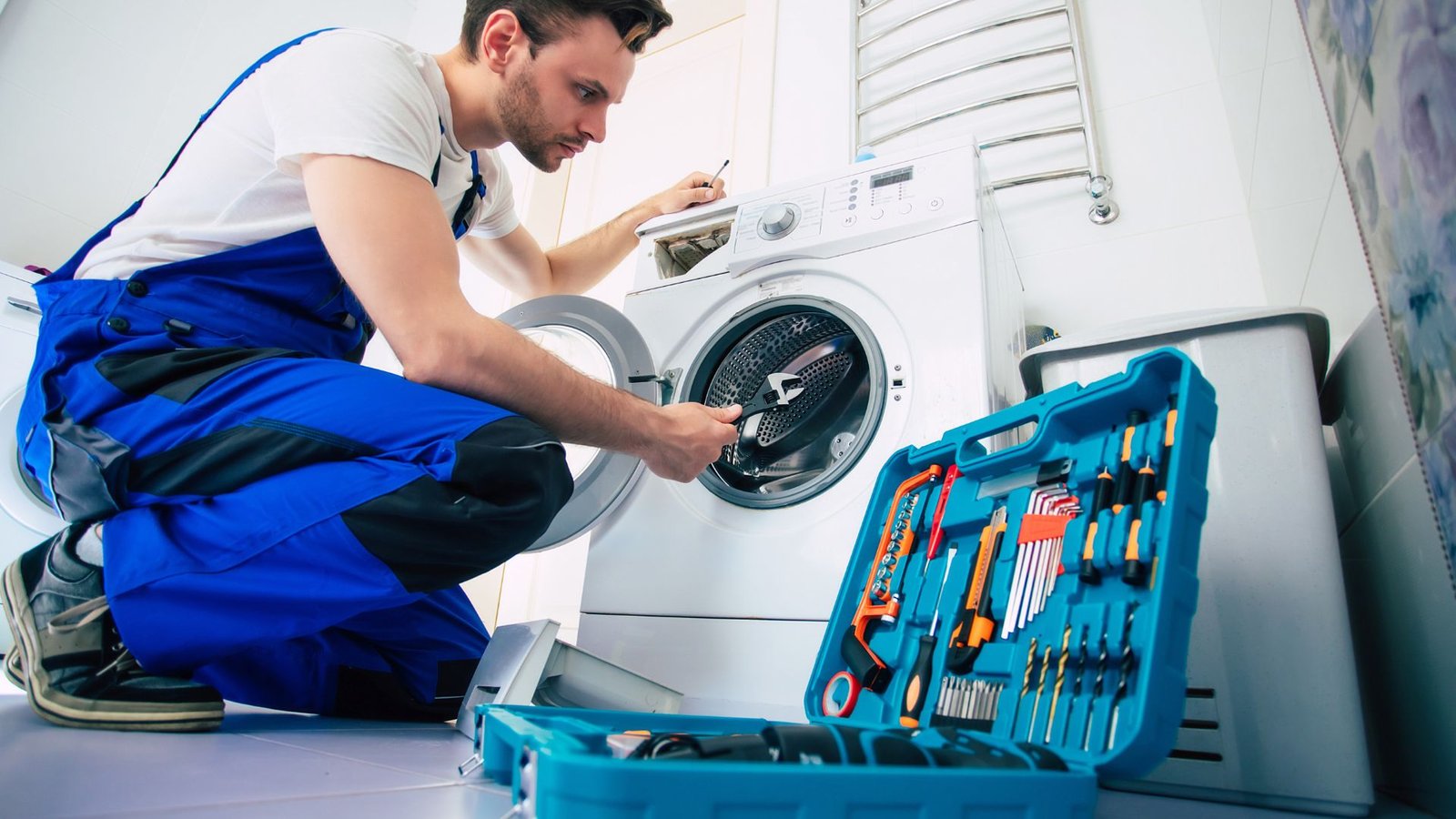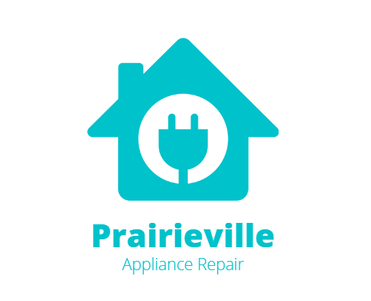 As we explore the world of commercial appliance technology, we uncover a landscape teeming with innovation and efficiency. The latest advancements in this field promise not only enhanced operational effectiveness but also a significant reduction in energy consumption, catering to diverse industries. From smart refrigeration systems to energy-efficient cooking appliances and automated dishwashers, the possibilities seem endless. These advancements hold the key to opening a new era of productivity and sustainability, reshaping the way businesses operate and thrive in a competitive environment.
As we explore the world of commercial appliance technology, we uncover a landscape teeming with innovation and efficiency. The latest advancements in this field promise not only enhanced operational effectiveness but also a significant reduction in energy consumption, catering to diverse industries. From smart refrigeration systems to energy-efficient cooking appliances and automated dishwashers, the possibilities seem endless. These advancements hold the key to opening a new era of productivity and sustainability, reshaping the way businesses operate and thrive in a competitive environment.
Key Takeaways
- Smart refrigeration systems offer remote monitoring for real-time adjustments and energy savings.
- Energy-efficient cooking appliances like induction cooktops and convection ovens reduce energy consumption.
- Automation in commercial dishwashers saves time and labor with consistent washing results.
- IoT integration in food display cases improves temperature control and inventory tracking.
- Enhanced monitoring in HVAC systems provides real-time insights for proactive and predictive maintenance.
Evolution of Smart Refrigeration Systems
We’ve witnessed a remarkable transformation in the domain of refrigeration systems with the integration of smart technology. In Prairieville, LA, the demand for commercial appliance repair services has evolved alongside these advancements. Smart refrigeration systems have revolutionized how businesses manage their perishable inventory. These systems offer remote monitoring capabilities, allowing for real-time temperature adjustments and performance tracking, ensuring food safety and quality are maintained.
One key benefit of these smart refrigeration systems is their predictive maintenance features. By analyzing data and performance metrics, these systems can detect potential issues before they escalate, reducing downtime and costly repairs. Additionally, the integration of smart technology has led to significant energy savings, making operations more cost-effective and environmentally friendly.
Business owners in Prairieville, LA, are increasingly turning to smart refrigeration systems not only for their efficiency but also for their ability to enhance overall operational efficiency. With the continuous advancements in technology, the future of commercial refrigeration looks promising, offering innovative solutions to meet the evolving needs of businesses.
Energy-Efficient Cooking Appliances
The evolution of smart refrigeration systems has paved the way for a new era in energy-efficient cooking appliances. As technology advances, cooking appliances are becoming more sustainable and cost-effective.
Here are some key features of energy-efficient cooking appliances:
- Induction Cooking: Utilizes electromagnetic energy for precise and quick heating, reducing energy waste.
- Energy Star Certification: Appliances with this rating meet strict energy efficiency guidelines, helping businesses save on utility costs.
- Convection Ovens: Enhanced airflow reduces cooking times and energy consumption.
- LED Display Panels: Energy-efficient and easy-to-read displays help in monitoring and controlling cooking processes.
- Insulated Cooking Chambers: Improved insulation retains heat better, requiring less energy to maintain cooking temperatures.
Automation in Commercial Dishwashers
Incorporating automation into commercial dishwashers revolutionizes efficiency and streamlines the dishwashing process for businesses. These advanced dishwashers are equipped with sensors and programmable settings that automatically adjust water temperature, detergent usage, and wash cycles based on the load size and soil level. By eliminating the need for manual intervention in these processes, businesses can save time and reduce labor costs considerably.
Automation in commercial dishwashers also enhances cleaning performance by ensuring consistent washing results with every cycle. The precision of automated systems reduces the risk of human error, leading to sparkling clean dishes and utensils after each wash. Additionally, these automated dishwashers are designed to operate quietly, minimizing disruptions in the workplace environment.
Moreover, the integration of automation in commercial dishwashers contributes to overall energy efficiency. By optimizing water and detergent usage and reducing cycle times, these dishwashers help businesses lower their utility bills and environmental impact. With automation, businesses can achieve higher productivity levels while maintaining exceptional cleanliness standards in their operations.
IoT Integration in Food Display Cases
To enhance food safety and optimize operational efficiency, we explore the implementation of IoT technology in food display cases. By integrating IoT into these cases, businesses can benefit from real-time monitoring and control, leading to improved quality and reduced waste.
Here are some key advantages of IoT integration in food display cases:
- Temperature Control: IoT sensors guarantee that food is stored at the correct temperature, reducing the risk of spoilage.
- Inventory Management: Automatic tracking of inventory levels helps in preventing stockouts and minimizing excess inventory.
- Remote Monitoring: Operators can remotely monitor the status of food display cases, enabling quicker responses to issues.
- Energy Efficiency: IoT technology can optimize energy usage, leading to cost savings and environmental benefits.
- Data Analytics: By collecting data on usage patterns, businesses can make informed decisions to enhance product placement and marketing strategies.
Enhanced Monitoring for HVAC Systems
Enhancing HVAC system monitoring provides real-time insights into performance and efficiency, leading to proactive maintenance and cost savings. By utilizing advanced monitoring technologies such as IoT sensors and cloud-based analytics, businesses can track key metrics like temperature variations, humidity levels, and energy consumption with precision. These systems offer alerts for potential issues, allowing for prompt intervention before problems escalate, reducing downtime and repair costs.
Moreover, enhanced monitoring enables predictive maintenance, where algorithms analyze data patterns to forecast equipment failures, optimizing maintenance schedules and extending the lifespan of HVAC systems. Real-time monitoring also facilitates energy optimization by identifying inefficiencies and recommending adjustments to improve overall system performance and reduce energy waste.
Frequently Asked Questions
How Do Smart Refrigeration Systems Impact Food Safety Standards?
Smart refrigeration systems improve food safety standards by monitoring temperatures in real-time, alerting staff to any deviations. This proactive approach prevents spoilage, guarantees compliance, and ultimately safeguards consumer health. These systems are vital in maintaining ideal storage conditions.
What Are the Cost Savings Associated With Energy-Efficient Cooking Appliances?
Energy-efficient cooking appliances offer significant cost savings by reducing electricity or gas consumption. These savings can positively impact operational budgets and contribute to sustainability goals. Upgrading to these appliances can lead to long-term financial benefits for businesses.
How Does Automation in Commercial Dishwashers Improve Workflow?
Automation in commercial dishwashers streamlines tasks, reduces manual labor, and enhances efficiency. We’ve experienced firsthand how automated processes optimize workflow, ensuring dishes are cleaned promptly and freeing up staff for other essential duties.
Can Iot Integration in Food Display Cases Enhance Product Visibility?
Oh, sure, IoT integration in food display cases, because who wouldn’t want their products to be more visible? It’s like giving them a spotlight! Seriously, it’s a smart move for enhancing product visibility.
What Data Is Monitored for HVAC Systems to Optimize Performance?
We monitor temperature, humidity, airflow, and energy consumption data in HVAC systems to optimize performance. This data helps us identify inefficiencies, adjust settings, and schedule maintenance proactively, ultimately reducing energy costs and enhancing operational efficiency.
Conclusion
Just as a well-tuned orchestra creates harmony, the latest advancements in commercial appliance technology orchestrate efficiency and energy savings across industries.
From the precision of smart refrigeration systems to the energy-saving performance of cooking appliances, each innovation plays an essential role in the symphony of operational excellence.
With automation, IoT integration, and enhanced monitoring, businesses can conduct their operations like a finely tuned masterpiece, creating a seamless and cost-effective performance.
